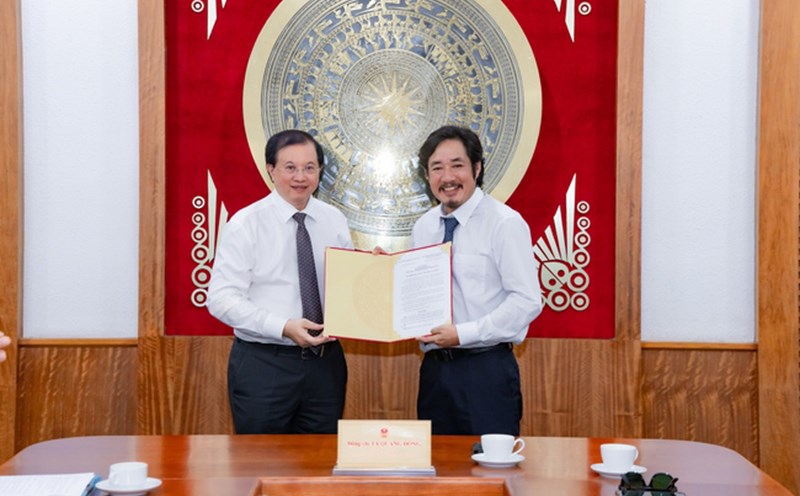General Secretary To Lam signed Resolution 70 on ensuring national energy security by 2030, with a vision to 2045.
Resolution 70 requires the development of the electricity market in the direction of enhancing competitiveness, transparency, efficiency, synchronously with ensuring energy security. In particular, effectively implement the direct electricity purchase and sale mechanism, while enhancing the right to choose of electricity customers in accessing and selecting electricity suppliers suitable for their needs.
According to Dr. Nguyen Xuan Quang - Institute of Energy Technology (Hanoi University of Science and Technology), Resolution 70 has put customers at the center of the electricity market, giving them the right to choose to approach and select a power supplier that suits their needs instead of only passively receiving electricity from EVN. This is a meaningful breakthrough orientation, opening up opportunities to restructure the Vietnamese electricity market, which has long been in a state of " monopoly".
For many years, the Vietnamese electricity market has operated under a centralized wholesale mechanism, in which EVN plays the role of "only buyer" from power generation plants and then distributes to customers. This mechanism has the advantage of being easy to manage, but also has many disadvantages such as: lack of transparency in prices, limiting customers' choices, easily creating a mechanism of asking - giving, privileges and even negativity in management...
Resolution 70 also requires the development and completion of an electricity transaction system, including a transparent, stable, long-term power purchase and sale contract (PPA) mechanism, ensuring the legitimate and legal rights and interests of investors.
Encourage private enterprises to participate in investment projects in energy storage infrastructure such as batteries, LNG warehouses, gasoline warehouses, and oil both on land and at sea. Innovating the power transmission price mechanism to strongly attract the private sector to invest in developing the power transmission grid.
Along with that, Resolution 70 also requires a breakthrough mechanism and policy to attract all social resources to participate in energy development, ensuring capital sources to implement energy development plans, especially the national power development plan for the period 2021 - 2030, with a vision to 2050. There is a mechanism to reserve preferential credit or government guarantee for important national energy projects, which need to be prioritized for investment, including large-scale, important and urgent BOT power projects. Encourage and create conditions for businesses to increase capital mobilization through issuing domestic and foreign bonds.
At the same time, the Resolution also emphasizes the need to promote the assignment of autonomy, self-determination, and self-responsibility of enterprises; review and supplement appropriate specific mechanisms and policies to create favorable conditions, ensure sufficient capital for state-owned corporations and enterprises to implement large-scale, important, and urgent energy projects.
Continue to restructure, innovate, improve operational efficiency and leadership and competitive role of state-owned enterprises in the energy sector; strongly apply science, technology, digital transformation in corporate governance.
Promote private investment attraction, foreign investment, remove obstacles to take advantage of official ODA development aid capital, international support capital, especially capital within the framework of the Joint Stock External Energy Transition Partnership (JETP) for energy projects. Develop the green bond market, deploy green credit.
The Resolution encourages businesses and people to participate in investing in developing small and medium-sized renewable energy projects, projects that both produce and consume energy. Urgently complete the legal system for contract implementation and dispute resolution; have a specific mechanism to completely handle projects and energy development contracts that have beenengthened for a long time, causing waste of social resources; end the situation of state-owned enterprises late in fulfilling payment obligations according to contracts signed with private enterprises.











